WE ARE PROFESSIONALS!
Call A Foundation Expert Today!
We Are Foundation Experts
As a Florida Foundation expert company, we want to make sure you understand what’s going on beneath your house when we repair your foundation. Our system is set up, so you don’t have to worry about what happens next. We want to build a trusting relationship with you that makes you feel safe and secure.

OUR SERVICES
FOUNDATION ISSUES WE COVER
CONSULTATION
- Free Consultation
- Measuring
- Tracking And Monitoring
- Estimate
- Concrete Foundation Remediation
INSPECTION
- Free Virtual Inspection
- Physical Inspection
- On-site Full Evaluation
REPAIR
- Foundation Stabilization
- Home Foundation Improvements
- Concrete Leveling
- Concrete Lifting
- Foundation Leveling
- Structural Relocation
- Foundation Repair Services
- Slab Lifting
- Slab Leveling
- Sinkhole Repair
- Cement Cracks Patch
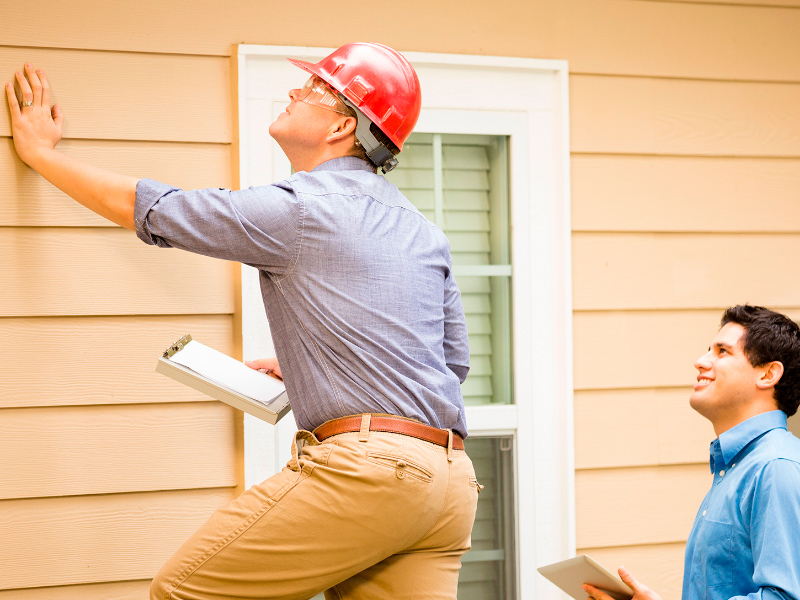
WE ARE DEPENDABLE
Foundation Techs Florida specializes in long-lasting, trustworthy foundation repairs and waterproofing services. We have over 20 years of expertise in the field and back up all of our work with an unbeatable warranty!
Our foundation repair contractors take pleasure in providing courteous and competent service. We also make certain that no detail is ignored when it comes to the repairs you require. Call us to learn more about our foundation repairs, house leveling, and basement waterproofing services.
IF YOU SEE PROGRESSIVE CRACKS AROUND YOUR HOUSE
You Should Call a Foundation Expert Today.
Many homes suffering from foundation damages per year in Florida!

WORK WITH QUALITY
We are the best Florida Foundation Repair Comapny. We are using excellent high-quality materials. Helical piers and steel piers are among the foundation restoration materials we provide. Our foundation repair solutions are a cost-effective way to boost the value of your house or company while also restoring the integrity of the foundation.
WE ARE PASSIONATE
Foundation Techs company takes pride in the quality of its services. We are passionate about foundation repair and focus on even the most minor details.
ORLANDO RAINFALL
Orlando receives more rain than the national average each year. Rain can fall at any time in Central Florida, although the summer months are often the wettest. The days are sticky and hot when it isn’t raining. The sandy soils in Orlando deteriorate over time as a result of these opposing weather patterns.

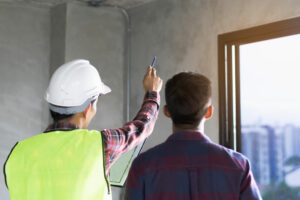

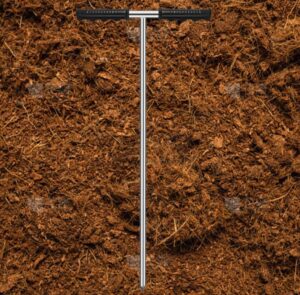



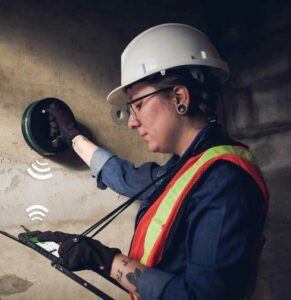

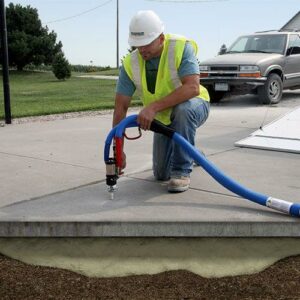
FOUNDATION SINKING? OR SINKHOLE?
A sinking foundation is one problem that might arise if the foundation is built incorrectly or on unstable ground. Sinking foundations should be addressed and investigated as soon as possible to prevent further harm to the rest of the property.
COMMON CAUSES OF FOUNDATION DAMAGE
1. Expansive clay soil
2. Improperly compacted fill soil
3. Extreme seasonal cycles
4. A below-slab plumbing leak
5. Tree roots growing beneath the foundation
We Are Saving Your Property Value in:
1. Orlando
2. Tampa
3. Villages
4. Ocala
5. Miami
6. Jacksonville
7. Daytona Beach
LOOKING FOR HIGH QUALITY FOUNDATION SERVICES?
Or Have a Question?
